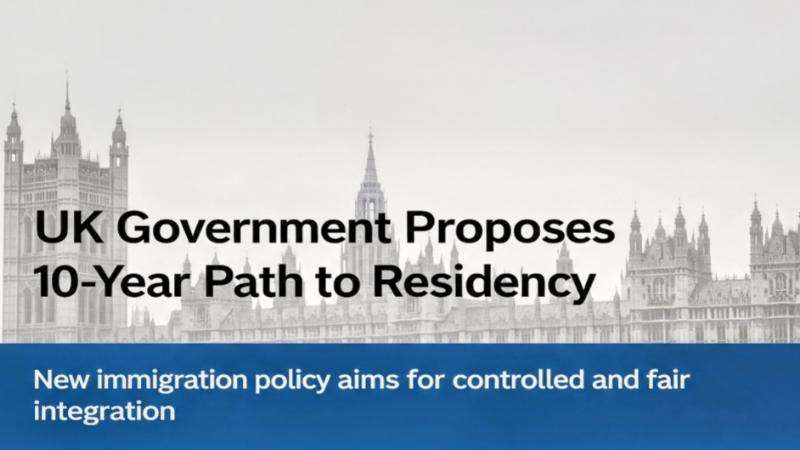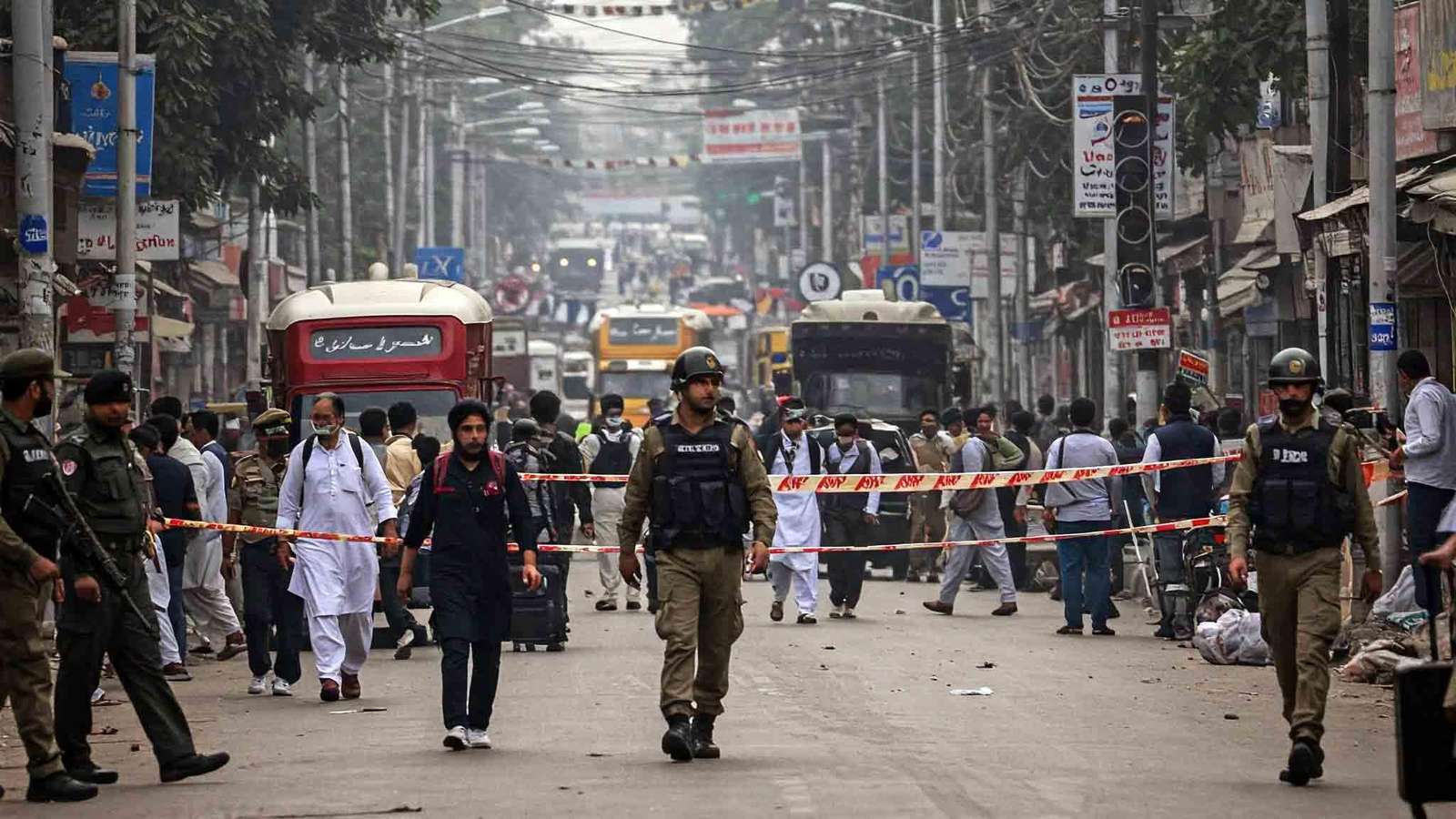Tensions escalated sharply across India and Pakistan on Thursday following a wave of Indian missile strikes that struck multiple locations in Pakistan, killing 31 people. In response, both nations entered a heightened state of alert, closing airports and conducting security drills in key border areas.
In a national address late Wednesday night, Pakistani Prime Minister Shehbaz Sharif vowed retaliation, stating, “We will avenge each and every drop of blood of our martyrs.” The Indian strikes, conducted with drones and precision missiles, marked the most expansive military action by India against Pakistan in decades, hitting nine sites including four in Punjab province.
In response, authorities in both countries suspended flights and intensified security measures. Pakistan halted operations at major airports in Karachi, Lahore, and Sialkot until Thursday afternoon. Meanwhile, over 20 airports in northern India were ordered closed, with restrictions expected to remain in place through Saturday.
Sindh province in Pakistan, which borders India, declared a medical emergency, cancelling leave for all healthcare workers and preparing hospitals for potential casualties. In India’s Amritsar, just 20 miles from the border, a blackout and second round of security drills were carried out, with local authorities urging residents to stay vigilant. India's Punjab and Rajasthan states were also put on high alert, police leave was revoked, and shoot-on-sight orders were issued for any suspicious activity along the border. Anti-drone defense systems were activated in sensitive areas.
Prime Minister Sharif condemned the Indian strikes as “an act of war,” and Pakistan’s military leadership hinted at a forthcoming response. However, as of Thursday morning, no specific retaliatory actions had been confirmed. Some Pakistani officials claimed that five Indian military aircraft, including three Rafale jets, had been shot down—a claim viewed by others as symbolic, with the real response yet to unfold.
Military decisions in Pakistan are widely seen as being in the hands of the army chief, General Asim Munir, who faces intense domestic pressure to respond forcefully.
India defended its strikes, stating they targeted infrastructure linked to terrorist groups allegedly responsible for recent attacks in Kashmir, including one in April that killed 26 people. Indian officials stressed that military installations were avoided and described the strikes as “measured, proportionate, and responsible.” Pakistan, however, denied any militant activity in the targeted areas and accused India of attacking civilian populations.
Cross-border shelling continued for a second consecutive night along the disputed Kashmir frontier, reportedly killing one Indian soldier and 11 civilians.
Global powers have called for restraint. Iranian Foreign Minister Abbas Araghchi arrived in New Delhi on Thursday for diplomatic talks, after visiting Pakistan earlier in the week and offering to mediate between the two nuclear-armed neighbors.








.svg)



.jpg)